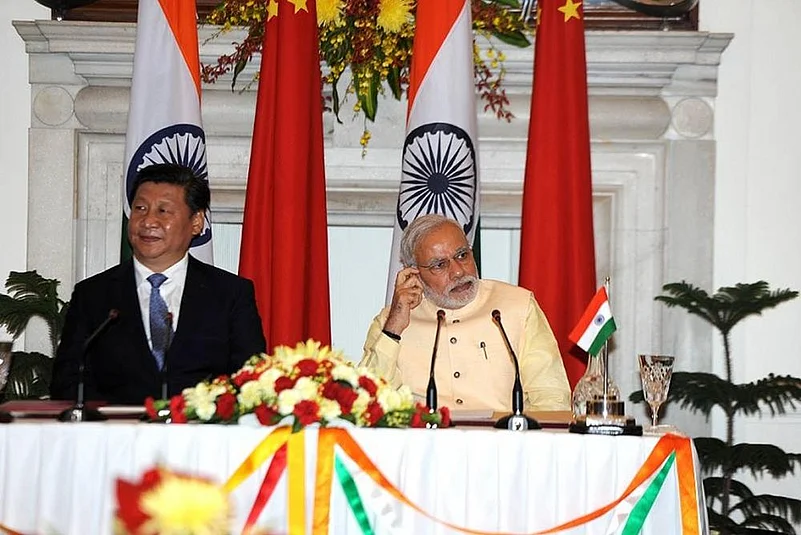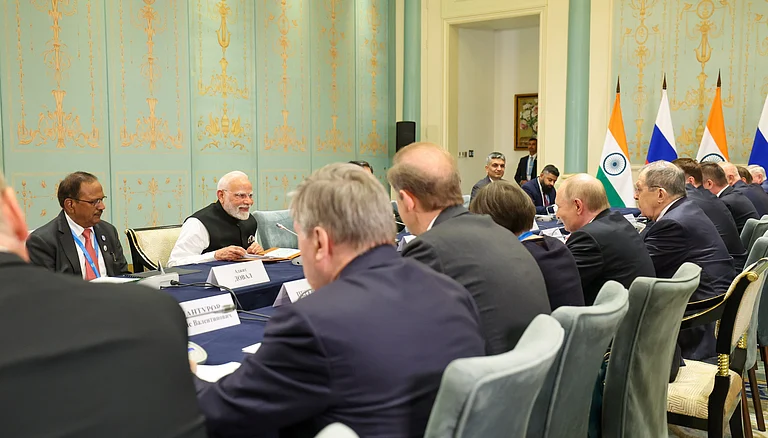
All other SCO members reaffirmed support for BRI, linking it to Eurasian integration.
India opposes BRI due to the China-Pakistan Economic Corridor through PoK.
Critics warn BRI projects have pushed several nations into debt distress.
India declined to support China's grandiose Belt and Road Initiative (BRI), making it the only nation in the Shanghai Cooperation Organisation (SCO) to do so.
According to PTI, Russia, Belarus, Iran, Kazakhstan, Kyrgyzstan, Pakistan, Tajikistan, and Uzbekistan reaffirmed their support for the Chinese connectivity program in a statement released at the conclusion of the SCO meeting in this Chinese port city.
In all of the prior SCO summits and meetings, India has not supported the BRI.
According to the statement, the eight member countries took notice of the continued efforts to implement this initiative together, including coordinating the BRI's development with that of the Eurasian Economic Union.
"The member states consider it important to use the potential of the countries of the region, international organisations and multilateral associations to create a broad, open, mutually beneficial and equitable space for interaction in Eurasia in accordance with the norms and principles of international law and taking into account national interests," it said.
"In this regard, they reiterated the initiative to establish a Greater Eurasian Partnership and expressed their readiness to develop dialogue," it said.
PTI reported that because the BRI includes the so-called China-Pakistan Economic Corridor (CPEC), which crosses Pakistan-Occupied Kashmir, India has been quite critical of the initiative.
According to PM Modi's remarks during the conference, connectivity initiatives that circumvent sovereignty lose credibility and purpose.
"We believe that every effort towards connectivity must uphold the principles of sovereignty and territorial integrity. This is also enshrined in the core principles of the SCO Charter," he said.
Since several nations are struggling with debt while carrying out projects associated with the initiative, there has been an increase in international criticism of the project.



























